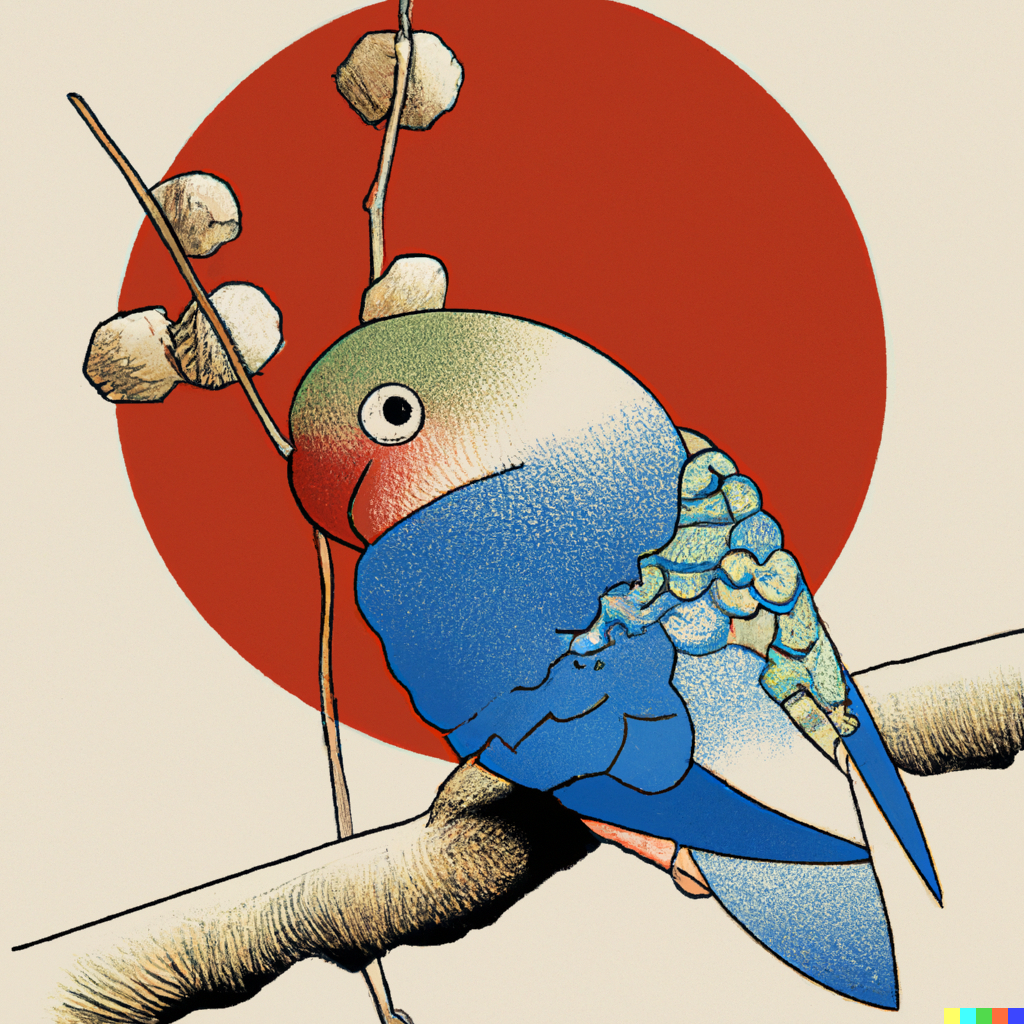It must have been 2012, a Friday night in Sydney. I am walking back home with my friend Mauro. It’s a beautiful evening, and we laugh, retelling whatever clownery happened earlier at the pub. We both lived in Redfern, one of Sydney’s inner suburbs, quaint lanes of terraced houses with brick walls to fence the courtyards. That’s when I noticed a gigantic Huntsman spider chilling at my eye level on one of these walls. Hi there, mate.
Let me stop here for a moment: If you have never lived (or been) in Australia, then you have never fully experienced the unsettling awareness that while beautiful, Nature can rejoice in being treacherous. I am not afraid of spiders, nor does their view disturb me, but the first time I found a Huntsman crawling up the back of my tiny room’s door while I was settling in for sleep, well, that was quite the experience. Imagine you are lying in bed, picking up a book. You had a long day, and then you see something as big as your hand moving where nothing should have. In addition, the creature is on your closed door, so you don’t even have the opportunity to leave the room stoically and hope the spider will magically disappear from your sight. Fun times.
Anyway, back to Redfern and the spider on the wall. I was fascinated by the size of the arachnid. Also, I had space all around me to back up, so I felt rather courageous; I picked up a twig from the ground, and possessed by scientific curiosity (and childish bravado), I approached the spider with the twig. I am not sure what I was expecting, but the next few moments are still clear in my mind. I swear the spider looked at me and focused its attention on me and the twig. The spider seemed to perform a deliberate act of attention, a behaviour I am tempted to associate with consciousness.
I have repeated that episode multiple times. In Singapore, I often find little jumping spiders in the house (if you are interested, they belong to the Salticidae family and have exceptional vision with their multiple eyes), and I noticed that when you approach them with your finger, they stop, look and often raise their legs towards it1. Observing how something so small can present non-trivial interaction behaviours is fascinating.
The Huntsman eventually charged at the twig, giving Mauro and me a well-deserved scare. It attacked it twice, telling us to get lost. And so we did. But the experience stayed with me and compounded with multiple others. For instance, I dislike cockroaches 🪳 (unfortunately). Whenever I find a big one in the house, I always kill it in what feels like a brutal survival game: The pests take advantage of our spaces, but if we find them, we can get rid of them. And yet, I can’t avoid the uncomfortable implication that when you chase a cockroach, they act very scared—not in a mechanical way, scared in a real, conscious sense.
We tend to assume that smaller, “simpler” creatures like insects and spiders live robotic, hardwired lives, deprived of consciousness. Is that the case? Could insects have a rich and complex inner life filled with feelings, emotions and self-awareness? This question has been bugging me since my encounter with the Redfern spider. Last month, Scientific American published an excellent article titled ‘Do Insects Feel Joy and Pain’ by Lars Chittka (a world expert in insect cognition and behaviour). In the article, the author describes the mounting evidence that insects exhibit complex behaviours we associate with the understanding of spatial and conceptual relations, the feeling of pain, and the joyous activity of deliberate play. In a paper from last December, Chittka and his collaborators showed how Bumble Bees often chose to roll wooden balls around, even when offered access to food. This action had no immediate or obvious survival value and seems to fulfil the criteria for animal play. Interestingly enough, younger Bees rolled more balls, a behaviour comparable to mammalian juvenile play.
The reason why I am fascinated by this line of research is because of the implicit dichotomy regarding consciousness and animals: (1) Either all animals are conscious (in different capacities), or (2) some animals are conscious (apes, whales, large mammals?) and others are not. If all life is indeed sentient, the ethical implications are gigantic. On top of that, the universal presence of consciousness might indicate that it is a fundamental property of the universe like the electrical charge (what Federico Faggin, in his latest book Irriducibile, speculates; Lex Fridman and David Chalmers discuss similar ideas in Fridman’s podcast).
On the other hand, if consciousness is an evolutionary trait reserved for “apex” species, a follow-up question is, where and how can you draw the line between automaton-like animals and self-aware creatures that wonder about their role in Nature? Is it a spectrum of awareness? Is there a clear boundary? What complexity is required at the biological and physical levels for consciousness to emerge?
I won’t attempt to offer any answers today (I am a physicist, I love questions more than answers!). Let’s return to our Huntsman Spider, the big fellow I disturbed many years ago. When we encounter complex behaviour where we expect none, the simplest resolution for our astonishment is to assume that we are witnessing pre-programmed conduct. An exceptional quote from Lars Chittka in his article is, “Nature cannot afford to generate beings that just pretend to be sentient.” This concept is an evolutionary version of Occam’s Razor: Why are we depriving animals of aware agency when, in fact, we are not even able to prove with certainty that our loved ones are aware (the issue of phenomenological solipsism)?
I suspect this is because we consider consciousness our Promethean gift. A gift we are unwilling to share.
- Don’t worry, I have never hurt them. In fact, I cherish the presence of those little buggers. ↩︎
